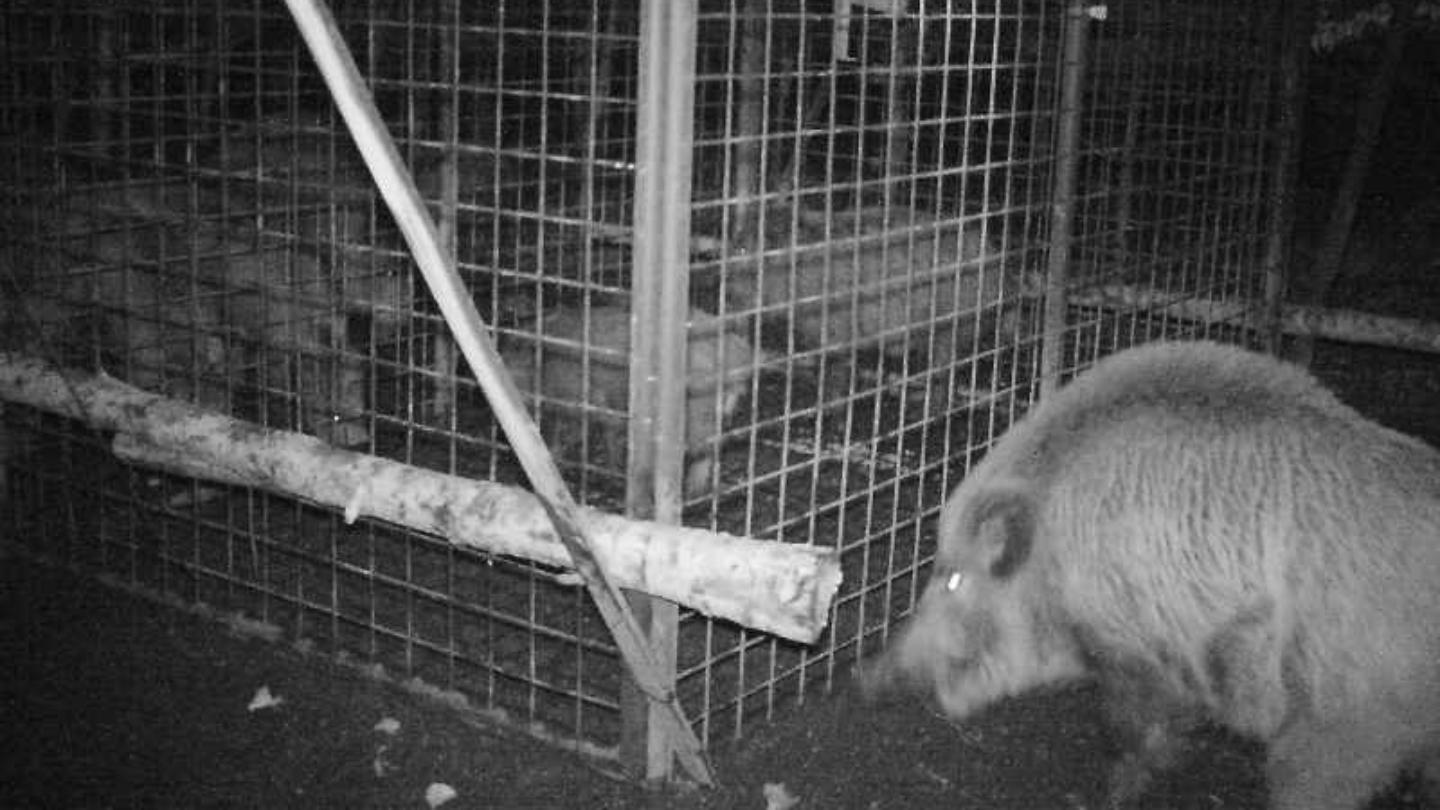It’s a question you ask yourself every time your best material fails to register in the eyes of a Labrador. Do animals other than humans have a sense of humor, or is it only human intelligence that can foster the inclination to be funny and recognize funny things?
Many animals show signs of laughter or exhibit an ability to have fun. Bill Nye references penguins who stand at the top of an icy slope and belly-slide down – he can think of no evolutionary purpose for that, they just seem to have fun doing it.
So back to that uncooperative Labrador. In 1949, Konrad Lorenz (Nobel Prize-winning ethnologist and author of Man Meets Dog) suggested that dogs are capable of laughing. When you play with a dog, you may notice a huffing and panting that can sometimes be a little alarming, seem aggressive and might scare those unfamiliar with dogs. But Lorenz believed this to be the dog version of laughter. Even earlier, and possibly one of the first to write on the subject, was Charles Darwin with his 1872 book The Expression of Emotions in Man and Animals. In that book Darwin suggested that some great apes, like chimpanzees, bonobos, gorillas, and orangutans, produce laugh-like sounds during play, and this was later second-motioned by Jane Goodall.
It makes sense considering our close evolutionary relationship with primates, and their relatively high level of intellectual standing within in the animal kingdom. Psychologist Marina Davila-Ross of the University of Portsmouth in the UK analyzed digital recordings of great apes being tickled, as well as samples of human laughter, and found the species that were closest to humans (chimps and bonobos) had the most laughter-like panting, while gorillas and orangutans, who are more distantly related to humans, pant more primitively. So there is some evidence for a link between evolution and a vocalized reaction to humor.
The tickle test (or ‘heterospecific hand play’, if you want to be a button-down scientist about it) seems to be the popular way to measure the LOL ability of animals, and that’s exactly how laughter has been provoked in another species – rats.
Estonian-born neuroscientist and psychobiologist Jaak Panksepp had the idea to test rats after conducting a study of laughter and play in humans. He recalls the morning after the human study: “I came to the lab and asked my undergraduate assistant at the time to come tickle some rats with me,” he says. The results of the ensuing tickle fest revealed rat laughter presents as high-frequency 50-kilohertz ultrasonic chirps that are notably unique from other vocal sounds emitted by rats.
But would a rat chirp at a man slipping on a banana peel? Would a chimp pant at Hans Moleman getting a football to the crotch? Bill Nye would be interested to see if the things that make human children laugh (simple games like peek-a-boo or Jack in the Box) also make other animals laugh. Because while tickling is partly a biological reaction, more cerebral humor – yes, even a man slipping on a banana peel – depends on knowledge and context recognition. But do apes have jokes that we don’t know about? Is there a cracker of a LOL that only penguins are tuned into? Dolphins, whales and some cephalopods are intelligent. Are there jokes in sonar and ink bubbling under the ocean’s surface? Nobody knows. As usual, questions beget questions.
Bill Nye’s most recent book is Unstoppable: Harnessing Science to Change the World.
Peter: Hello Bill. My name is Peter. I live in Miami and my question has to do with the sense of humor. It seems logical that sense of humor is a sign of higher intelligence mainly because it usually involves more than one person. And so my question is is there any evidence that any other animal other than man has a sense of humor? Thanks.
Bill Nye: Peter. Peter in Miami. Greetings. Is a sense of humor inherent? I think so. It seems to me I’ve watched chimpanzees have fun with each other. Just watching them. I think gibbons have fun. I think they do things for fun and I will definitely say this. There’s some famous pictures of penguins climbing up the ice hill and sliding down on their penguin tummies to go head first into the what you and I would think really cold water but they dig it apparently. And I cannot think of any evolutionary reason for that except that it just looks like they’re having fun. And so to me fun and a sense of humor are intimately connected. Now I will say something about evolution and sense of humor. What you want if you’re trying to attract a mate I think a sense of humor is very important. I think if you’re funny, if you’re engaging, if you have a good smile especially you’re more attractive to the opposite sex.
So there’s huge selection pressure to have a sense of humor among humans. And I guess I should say something funny here. Something funny. Ha, ha. There I said it see. So I think sense of humor is deep within us. And if it starts with penguins. I mean they’re dinosaurs literally in modern cladistics, in modern reckoning. It must go way back. Just as an observer of the primate condition and of the dinosaura condition I think sense of humor is deep within us. How would we test for that? If you had a hypothesis like that how would you test to see if you have a sense of humor? You know where I would start? I don’t know if you’ve ever been around babies. I was a baby myself for a while. There’s nothing that brings greater joy than hide and seek, peek-a-boo. I wonder if primate babies are into peek-a-boo? And I say all the time the greatest to yet invented is the jack-in-the-box where you turn the crank and there’s a little music and then the jack-in-the-box jumps out. And you never know when he’s going to do it. And every time it happens it’s so exciting. And at some level so funny for some reason.
I guess because you’re asking yourself why would Jack get in this box and what did I do to make him jump out? Whatever it is it’s really funny when you’re of a certain age. So I would test a jack-in-the-box on primates. I wonder how many papers have been written about such things? It’s an excellent question Peter. Thank you. Carry on in Miami.







